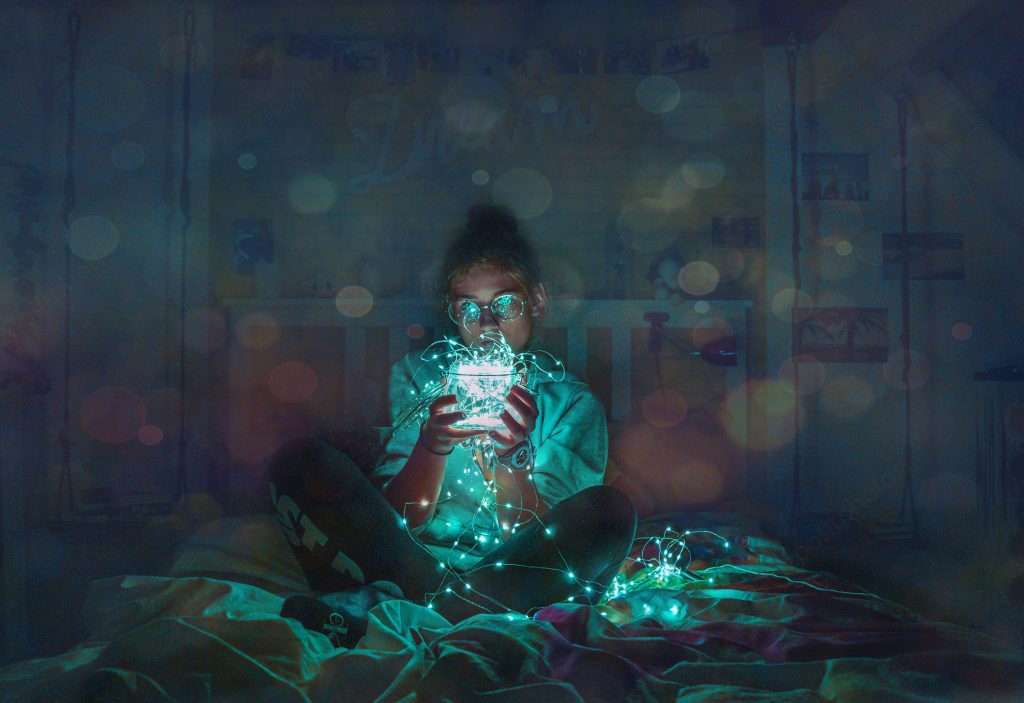
by Anastasia Chrysostom | Nov 16, 2019 | Uncategorized
Recently I was in a restaurant with some friends and I mentioned that I’m an introvert. They were very surprised and attempted to disagree with me: “But you’re so friendly!” they argued, “and not at all shy!” As evidence, they pointed out that I was the only one in the group who had engaged our server and started a conversation with her while she was taking our orders.
This is a common misconception about introverts – that we are shy, antisocial, and unfriendly.
These erroneous ideas have tainted the definition of “introversion” from the way it was originally proposed by psychiatrist Carl Jung. Jung himself was an introvert, and describedintroversion and extraversion as orientations of energy, i.e. whether a person is energized more by acting in the outer world, or by reflecting in their inner world. In his autobiography, Memories, Dreams, Reflections (who else but an introvert would have such a title for their book?),
Jung describes how he wandered off alone to spend time in quiet spaces, where he immersed himself in his inner world of ideas, theories, and fantasies.

Where do you draw your energy from?
Introverts tend to focus on their inner world and need to withdraw to recharge their batteries, while extraverts feel more alive in the external world of people and activities; they draw their energy from the outside world, like solar panels.
If you like reflecting on ideas, tend to think a lot before acting, and hate interruptions while working, you could be an introvert. If you prefer to act in the outer world, enjoy stimulating environments like big, lively parties or busy, active workplaces, or if you welcome interruptions as just the perfect diversion to take a break from your work, you may be an extravert.
In reality though, each of us occupies a position along this continuum, with ambiverts falling somewhere in the middle.
Also, these states are not static; we are constantly moving up and down this continuum depending on the situation.
I’m a classic introvert. Respect my quiet time, and please turn off the radio until I’m done working (I don’t even own a TV). Those friends I ate out with? I was happy to hang out with them and catch up, but it was so satisfying to decline their offer to join them at a club and head straight home afterwards, where I curled up in bed with a book for the night.
Nyambura Kihato, M.Ed, MA, LPC, CCTP I earned my Bachelor of Education in German Language and Literature from Kenyatta University in Kenya. I studied German further at the Goethe-Institut Nairobi, and in Luebeck, Germany. I went to graduate school at the University of Hull, UK, where I obtained a Master of Education in Counseling and Child Development and Learning. I taught for several years in Kenya before coming to the United States to study at the California School of Professional Psychology, San Diego, graduating with an M.A. in Counseling Psychology. I am a Licensed Professional Counselor (LPC) in the state of Georgia, trained in EMDR (Eye Movement Desensitization and Reprocessing), and am a Certified Clinical Trauma Professional (CCTP). I currently serve on the board of the Jung Society of Atlanta and am training to become a Jungian analyst.
Follow us on Facebook, Instagram and Pinterest to see more advice from our therapists!
Facebook Instagram Pinterest

by Anastasia Chrysostom | Nov 1, 2019 | Sex Therapy
In this blog, I’d like to highlight some findings on nutritional tips that can aid with erectile dysfunction (ED).
No magic wands, but may be helpful! My hope is that you will gain insight into the direct correlation between nutrition an ED. To be clear, this post is not intended to be medical advice. It is important that you consult your doctor before implementing any suggestions you read or hear about.

Let’s talk about what it takes to get an erection.
First you need a stimulus for the brain. Meaning you need to be in a situation that stimulates the brain. Because when the brain is stimulated, it sends a message to the penis. When the penis does not have a message from the brain, the smooth muscles are contracted, which gives the penis it’s flaccid characteristic.
But when the penis receives a message from the brain, the muscles expand. Such messages from the brain also stimulate the vessels, thus increasing the blood flow which causes the vessels to dilate. The blood flows to the central cavernous spaces, while the brain sends message to the muscles and the nerves, leading to increasing girth and length. Of course, the process is a lot more complex than this brief description. But I think you get the idea.
External factors that can affect erection include but are not limited to:
Stress, Depression, Issues that Affect your Psychological Functioning
High Blood Pressure, Diabetes, Obesity and High Cholesterol
Some medications also have the possibility of affecting erection. To prevent or aid with erectile dysfunction, one must adopt a healthy lifestyle. Incorporate smoking cessation, exercise, limited alcohol intake, and proper nutrition.

Because erectile dysfunction is often associated with poor blood supply to the penis, foods that are good for vascular system may help.
- Most people don’t like beets, but they are good for you. Beets as well as leafy greens contain nitrates which dilate the blood vessels.
- Tomatoes are delicious and contain lycopene which is good for circulation.
- Almonds, and dark chocolate contain magnesium which is an arterial relaxant. Arterial stiffness is common as we get older, and can be a contributing factor in age-related erectile dysfunction.
- A summer’s favorite of many is watermelon. They contain phytonutrients which are also antioxidants. These ingredients relax the blood vessels that supply erection.
- And last but not least, oysters. They have the reputation of being aphrodisiacs. Possibly because they contain the mineral zinc which can boost testosterone level. Please note, that some people with high cholesterol have been advised to refrain from or limit eating shellfish due to the high cholesterol content of some shellfish. Therefore, always take into consideration your own medical history and always consult your doctor.
Maggie Bonnet, PhD., RN I have experience in working with a wide range of mental health issues, including anxiety, depression, stress, life transitions, and personal growth. I also works with couples who are seeking to improve communication and strengthen their relationships. I specialize in sexual health, sex education, and helping you embrace who you are as a sexual being. My special interests are straight wives, male and female sexual dysfunctions, sexuality and the mature adult, and sexuality and spirituality.
Follow us on Facebook, Instagram and Pinterest to see more advice from our therapists!
Facebook InstagramPinterest








Recent Comments